Exploring LIDO DAO: Bridging the Gap Between Staking and Liquidity
Cryptocurrency has evolved far beyond its humble beginnings as a digital alternative to traditional currencies. Today, it encompasses a diverse array of financial instruments and platforms, each designed to address specific challenges within the digital economy. One such innovative project is LIDO DAO, a decentralized autonomous organization that aims to bridge the gap between staking and liquidity within the cryptocurrency space. In this article, we will explore LIDO DAO, its core principles, and its impact on the world of decentralized finance (DeFi).
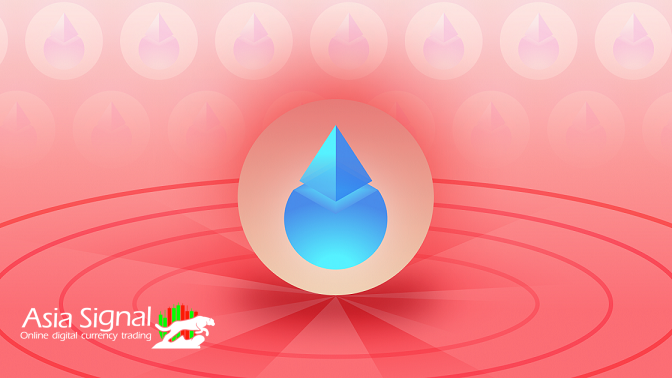
What is LIDO DAO?
LIDO DAO is a decentralized autonomous organization that focuses on bringing liquidity to staked assets on various blockchain networks, primarily Ethereum 2.0. Staking is a process where cryptocurrency holders lock up their tokens to support the security and operation of a blockchain network. In return, they receive rewards in the form of additional tokens.
While staking can be lucrative, it comes with a drawback: the staked assets are typically illiquid and cannot be easily traded or used elsewhere. This is where LIDO DAO steps in.
LIDO DAO allows users to stake their assets, such as Ethereum (ETH), and receive stETH (staked ETH) in return. stETH is a liquid representation of staked ETH, and it can be traded, used in DeFi protocols, or simply held in a more flexible form than traditional staked assets. LIDO DAO achieves this by operating a node infrastructure that runs validators on Ethereum 2.0, effectively participating in the network's staking process.
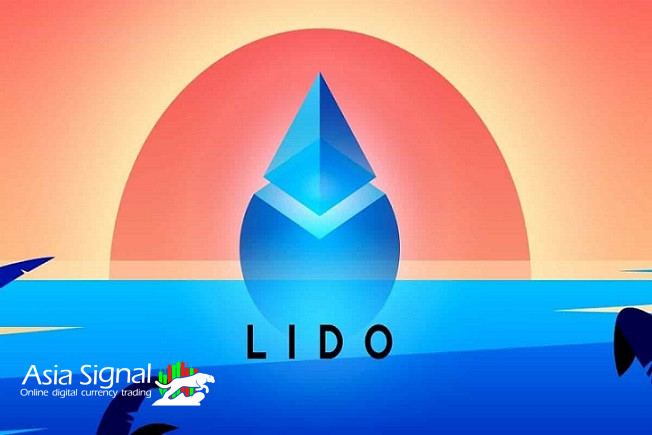
Key Features of LIDO DAO
1. Liquidity Provision: LIDO DAO's primary function is to create a bridge between the locked-up assets in staking and the liquidity needed for DeFi applications. Users can mint stETH by depositing their ETH into the protocol, and these tokens can be freely traded or used as collateral in various DeFi platforms.
2. Decentralization: LIDO DAO operates as a decentralized organization governed by its token holders. Decisions regarding network upgrades, fee structures, and other important matters are made through a decentralized governance process, ensuring a fair and community-driven approach.
3. Earnings: LIDO DAO provides rewards to users in the form of staking rewards and fee income. Users who participate in the protocol can earn staking rewards in addition to the rewards they would receive by staking directly. This dual reward system incentivizes users to utilize LIDO DAO.
4. Liquidity Pools: LIDO DAO allows users to participate in liquidity pools, further contributing to the ecosystem's liquidity. These pools can be integrated into decentralized exchanges (DEXs) and other DeFi platforms, enhancing the overall liquidity of staked assets.
5. Cross-Chain Compatibility: LIDO DAO has plans to expand beyond Ethereum and support staking on other blockchain networks, such as Polkadot and Cosmos. This multi-chain approach aims to provide users with more options and flexibility in managing their staked assets.
Impact on the DeFi Ecosystem
LIDO DAO's innovative approach to staking and liquidity provision has had a significant impact on the DeFi ecosystem:
1. Enhanced Liquidity: By creating a liquid representation of staked assets, LIDO DAO enables users to access the benefits of staking while maintaining the flexibility to use their assets in various DeFi applications. This has the potential to attract more liquidity to the DeFi space.
2. Increased Participation: LIDO DAO makes staking more accessible to a wider audience. Users who may not have the technical expertise or resources to run their own validator nodes can participate in staking through LIDO DAO, further decentralizing the network.
3. DeFi Integration: LIDO DAO's stETH tokens can be seamlessly integrated into DeFi protocols, allowing users to leverage their staked assets in yield farming, lending, and other DeFi activities. This integration contributes to the growth and diversification of the DeFi ecosystem.
4. Governance and Community Involvement: LIDO DAO's decentralized governance model empowers token holders to have a say in the project's development and direction. This promotes transparency and community involvement, key principles of the DeFi movement.
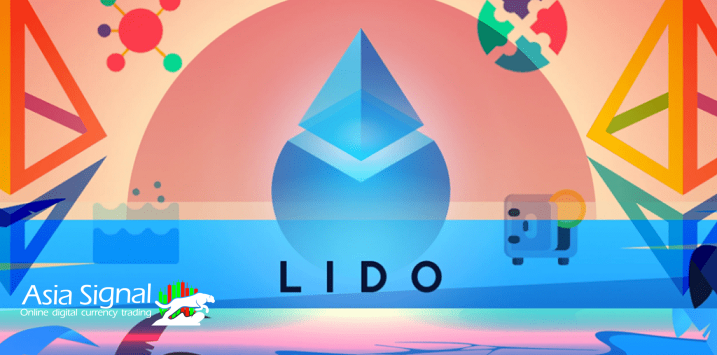
Conclusion
LIDO DAO represents a significant innovation in the cryptocurrency and DeFi space. By bridging the gap between staking and liquidity, it offers users the best of both worlds. It enhances the security and decentralization of blockchain networks through staking while providing the liquidity and flexibility needed for DeFi applications. As LIDO DAO continues to expand its services and integrate with various blockchain networks, it has the potential to reshape the landscape of staking and DeFi, making these financial tools more accessible and beneficial to a broader audience.
Asiasignal has provided the Best indicators for crypto trading for you.stay with us.






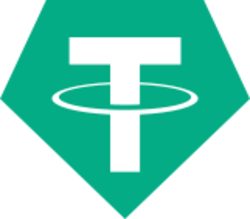
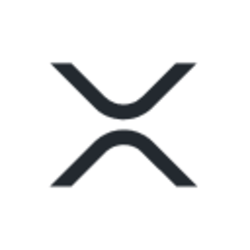






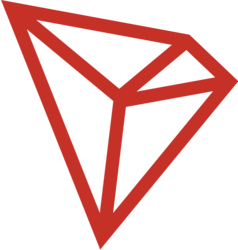


Comments